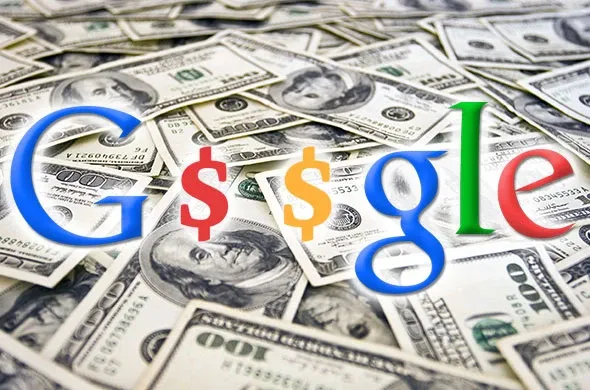Google Plans New €600 Million Dutch Data Center
Google plans to spend €600 million on a new data center in the Netherlands.

Google’s advertising crisis went global after some of the biggest marketers, including AT&T and Johnson & Johnson, halted spending on YouTube and the internet company’s display network, citing concern their ads would run alongside offensive videos, according to Bloomberg.
The controversy erupted last week after the London-based Times newspaper reported that some ads were running with YouTube videos that promoted terrorism or anti-Semitism. The U.K. government and the Guardian newspaper took down ads from the video site and Havas, the world’s sixth-largest advertising and marketing company, pulled its U.K. clients’ ads from Google’s display ad network and YouTube.
Yesterday the boycott spread across the Atlantic as U.S. companies that are among the heaviest ad spenders pulled back, potentially costing Google and YouTube hundreds of millions of dollars in lost business. AT&T and Verizon, the largest U.S. wireless carriers, said they had stopped non-search advertising spending with Google. Johnson & Johnson, the world’s biggest health-care company, paused all YouTube advertising globally.
Search represents the lion’s share of Google’s advertising revenue, which totaled $79.4 billion last year. However, large advertisers such as AT&T tend to spend more heavily across Google’s video and display advertising network. AT&T is the fourth-largest advertiser in the U.S., spending $941.96 million in 2016, according to Kantar Media, and Verizon is No. 3.
Google’s network business, which serves display ads on other websites, generated $4.4 billion in fourth-quarter revenue, about 20 percent of the company’s total ad sales. While YouTube revenue isn’t reported separately, analysts estimate the video site brings in billions of dollars each year, and say it’s among Google’s fastest-growing businesses. Google tried to head off the backlash this week, implementing new tools and policies. But many advertisers were waiting to see further details or results, before placing ads again.